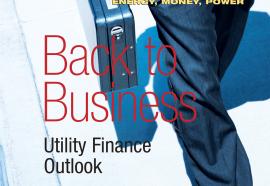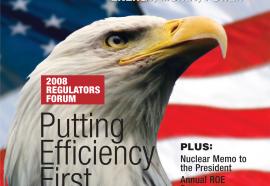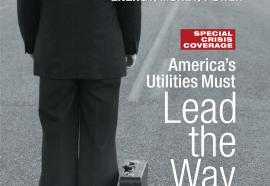Vendor Neutral
Lockheed Martin teams with Tendril; Pattern Energy 101 MW wind plant starts operating; Alstom to supply steam equipment to GWF plant; Siemens wins government efficiency contract; GE Jenbacher introduces high-efficiency gas engine; OpenADR Alliance forms; Better Place gets into San Francisco taxis; EnerNOC enters TransAmerica Pyramid; and more.









